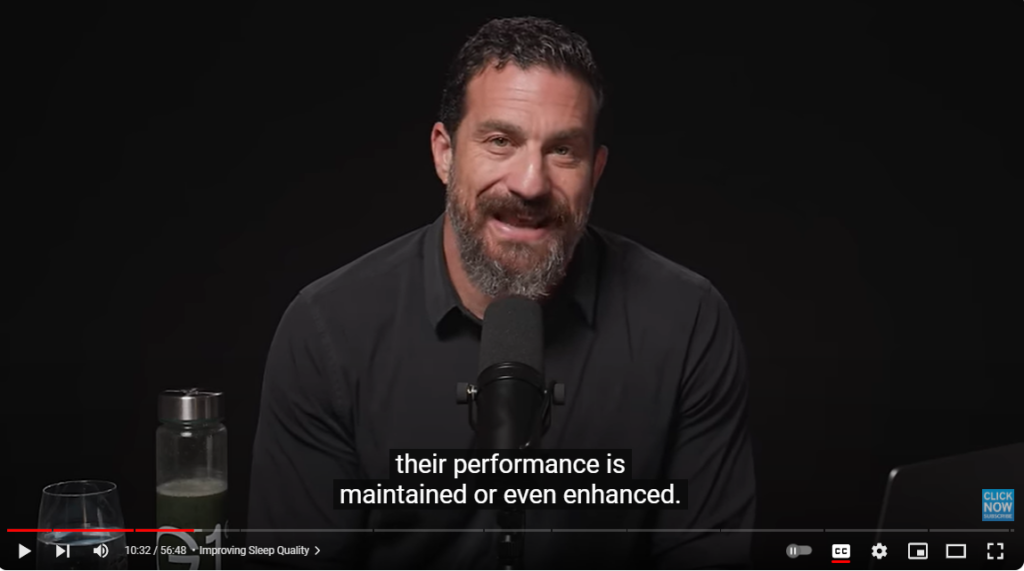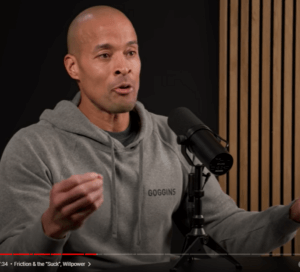In the realm of modern science, few topics captivate the imagination quite like the intricacies of human health and well-being. One such intriguing exploration is presented by Dr. Andrew Huberman in his podcast episode titled “AMA #16: Sleep, Vertigo, TBI, OCD, Tips for Travelers, Gut-Brain Axis & More”. This episode, part of the renowned Huberman Lab podcast series, delves deep into the science behind various health-related topics, offering insights and actionable advice that resonates with a wide audience. Among the numerous subjects discussed, the concept of the gut-brain axis and its profound impact on our health stands out as a testament to the complex interplay between different systems of our body.
The Gut-Brain Axis: A Fascinating Symbiosis
The gut-brain axis represents a remarkable example of how distant parts of our body communicate and influence each other. This bi-directional communication network involves the central nervous system, the enteric nervous system, and the gut microbiome, highlighting a symbiotic relationship that affects everything from our mental health to our immune response.
“Your brain and body is a system. Everything is talking to everything else,” Dr. Huberman remarks, emphasizing the interconnectedness of our bodily systems. The discussion around optimizing the gut-brain axis function brings to light the essential roles of adequate sleep, the cautious use of antibiotics, and the importance of a diet rich in low-sugar fermented foods and fiber. These insights not only underscore the complexity of our body’s internal communication networks but also provide practical guidance on nurturing this crucial relationship for overall health.
The Scientific Underpinnings of Sleep
Sleep, another topic covered extensively in the podcast, is pivotal to our health, yet often overlooked in our fast-paced society. Dr. Huberman’s exploration of sleep extends beyond its restorative benefits, delving into the physiological and psychological implications of sleep deprivation and irregular sleep patterns. The emphasis on morning sunlight exposure, the reduction of blue light at night, and the incorporation of non-sleep deep rest (NSDR) techniques showcases the multifaceted approach needed to harness the full potential of sleep for cognitive function, emotional regulation, and physical health.
Vertigo, TBI, and OCD: Understanding and Addressing Complex Conditions
The episode also tackles vertigo, traumatic brain injury (TBI), and obsessive-compulsive disorder (OCD), shedding light on the underlying mechanisms, potential causes, and therapeutic strategies for these conditions. For instance, the discussion around vertigo not only demystifies its symptoms but also offers practical advice for those experiencing this disorienting condition. Similarly, the conversation on TBI emphasizes the importance of sleep and certain dietary supplements for recovery, while the segment on OCD provides insights into the neurological basis and treatment options for this challenging disorder.
Conclusion: A Call to Scientific Curiosity and Health Advocacy
Dr. Huberman’s podcast stands as a beacon of scientific curiosity and health advocacy, encouraging listeners to delve deeper into the science behind their health concerns and to adopt evidence-based practices for improvement. His discussion on topics such as the gut-brain axis, sleep, vertigo, TBI, and OCD not only enriches our understanding but also empowers us to take actionable steps towards better health.
In the quest for knowledge and well-being, the Huberman Lab podcast serves as a valuable resource, reminding us of the power of science to unravel the mysteries of the human body and mind.






